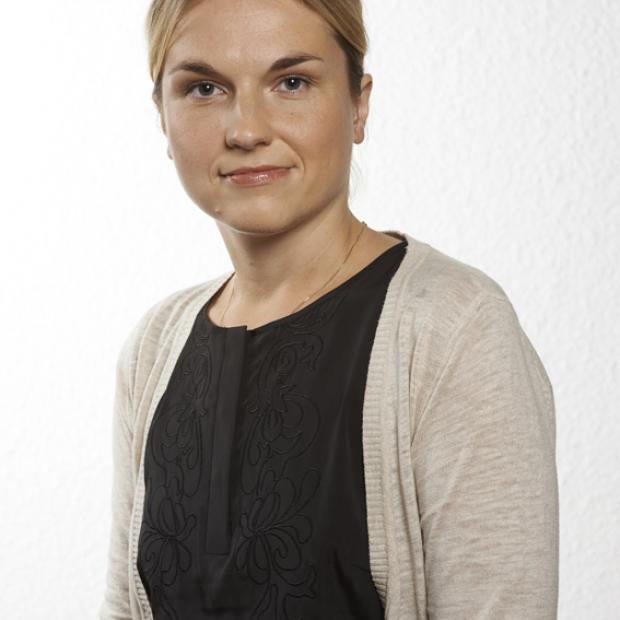Doctoral dissertation explored how narrative therapy could be used to encourage positive body image in youths with deformities
On Monday, Davide Ticchi, doctoral student of the School of Governance, Law, and Society of the Tallinn University, defended his doctoral dissertation in which he focused on narrative therapy as a facilitating method to encourage people with physical deformities to feel better in society.

In his dissertation, Ticchi specifically focuses on the life stories of shadows - youths with a chest wall deformity (pectus excavatum, carinatum, etc.). Especially he focused on the congenital condition pectus excavatum, which is the most typical deformity of the upper body.
The deformity causes shame and could evoke suffering, ridicule, and depression. ‘In fact, as a consequence of the societal and virtual preference for sexually objectified bodies with bare, muscular torsos, the social and self-stigma of living with a congenital anomaly of the chest wall plays an important role,’ Ticchi says.
According to Ticchi, the youths and their families are often in a situation where they are unable to get professional help and where they lack knowledge about both the surgical and the psychosocial treatment options.
Nowadays, most chest wall deformities can be surgically treated. However, Ticchi’s dissertation suggests that clinical social work practice with a narrative therapy approach could be used as a liberating and supportive method to surgical treatment. Telling stories would help youths with the deformity to better understand the problems associated with their body image and to learn to live with it.
Ticchi says that the purpose of his dissertation is to find out how the narrative therapy approach in the treatment of physical anomalies could offer psychosocial support in a society that glorifies body perfection.
‘Trained clinical social workers could use accordingly their scientific knowledge and skills to support families to face the crises when a yes-or-no question about surgical repair significantly interferes with their optimal decision-making due to the family’s distress, in a continued emphasis on shadows being seen as diagnostic categories upon which a treatment plan is executed for the remediation of the problem,’ Ticchi finds.
In addition, thanks to trained clinical social workers, the families would be more informed about the causes, nature, cost, treatment, and results of chest wall deformities.
By using a narrative therapy approach, Ticchi’s dissertation opened a new focus for social work, which is more oriented to problems than disciplines, and which advocates the interdisciplinarity of thoracic surgery with clinical social work practice.
In his dissertation, Ticchi uses data collected from both literature and different parties of the interviews (shadows themselves, their families, and so on).
The public defence of 'Slender shadows of youths: A narrative therapy approach to explore life stories about social and self-stigma of chest wall deformities for clinical social work practice', the dissertation of Davide Ticchi, doctoral student of the School of Governance, Law, and Society of the Tallinn University, took place on Monday, 2 September.
The supervisor of the doctoral dissertation is Merike Sisask, Professor of Social Health Care at Tallinn University. Opponents are Professor Diana DiNitto (University of Texas at Austin) and Meyer Children's Hospital Professor Antonio Messineo (University of Florence).
The doctoral thesis is available in Tallinn University Digital Library ETERA.




